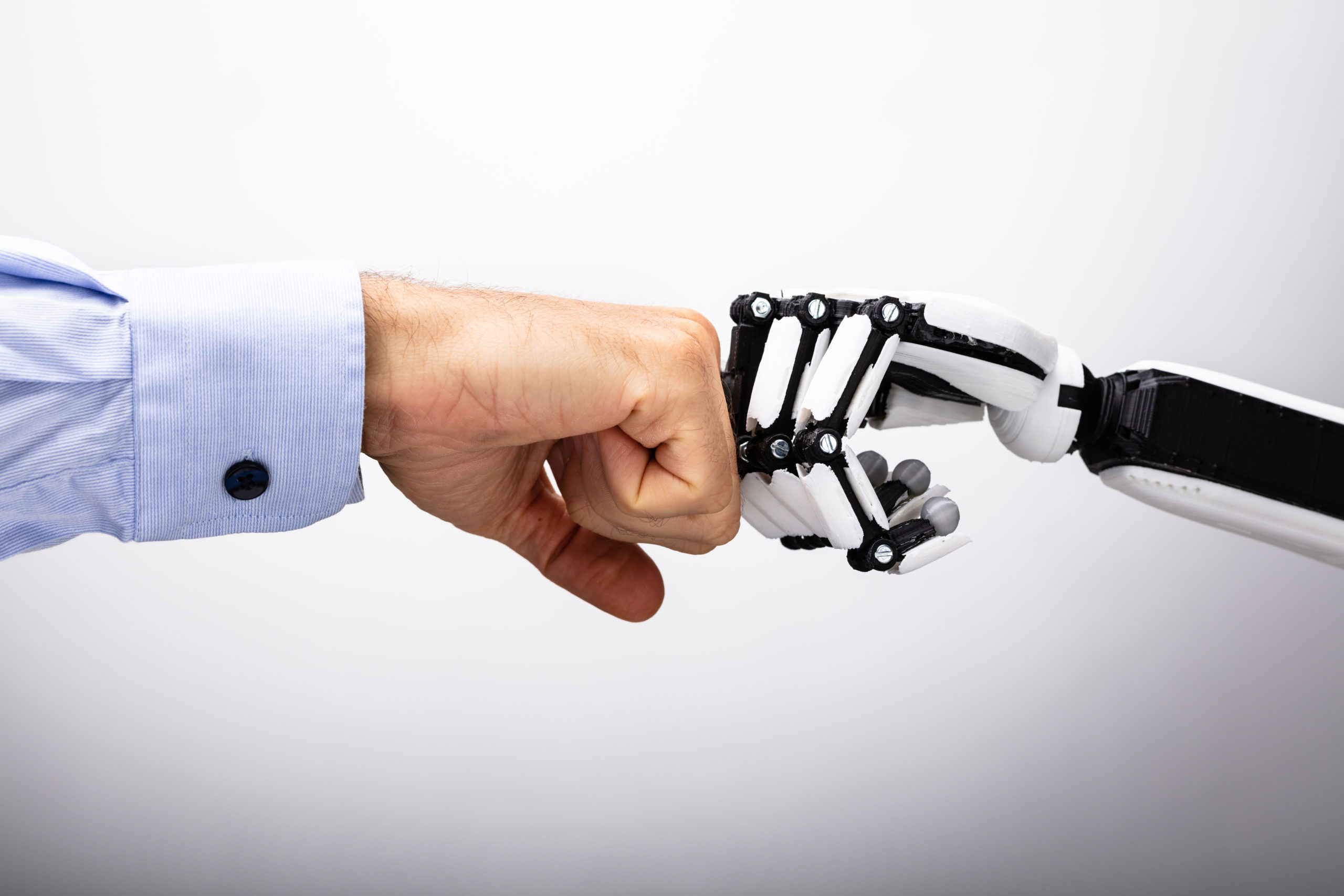Today’s society relies on immediate access to information; being easily accessible to your consumers outside of business hours will allow your company to provide services, make a sale, or acquire new customers.
According to Talkdesk research, 84% of organizations believe that customers want self-service options 24/7. Automating customer service features not only improves customer experiences on-demand but also increases agent productivity by allowing them to perform more important tasks during office hours.
By using AI-powered chatbots, companies can accommodate a large volume of clients around the clock without hiring human employees on the night shift. With this capability, customers will have access to the answers they need when they need them, if an agent is required for a more complex case, chatbots can schedule a callback or open a ticket for a customer service representative to take care of when they are available during regular business hours. As a result, AI-enabled chatbots are increasingly being introduced as customer-facing channels.
But there is a perception that companies are not investing in AI, due largely to the fear that AI might replace people. However, the real problem is that they haven’t figured out how to deploy it. The study also found that 48% of organizations investing in AI/Automation to better their consumer self-service capabilities have not yet implemented these features.
AI has become more intelligent and agile; however, human supervision remains essential to enable continuous learning. This way, instead of agents being replace, it allows them to be more effective in the process. The use of AI agents that are on par with human agents enables you to scale your business and handle more inbound contact via phone, chat, email, or text, resulting in better, more cost-effective operational efficiency.
Providing personalized customer service requires both human and technical resources. Human agents will have to interact closely with machines in the future, as AI will be a powerful tool to support the interaction with customers. The contact center will be assisted by a virtual agent assistant, that participates in conversations. These intelligent robots monitor each conversation and periodically provide specific advice to the agents, based on AI algorithms. Technology like this frees agents’ time by providing them with information coming from multiple sources and by handling administration tasks.
With the right application of AI, your company will stand out as being cutting-edge, increasing its revenue from loyal and new customers, and raising the bar for customer service to new levels that are only possible with AI and automation, ensuring that you do not lose business to a competitor.
AI will likely become more integrated into contact centers in the next few years, requiring that human agents become trained and proficient in obtaining support form artificial intelligence. Agents will also need new skills as AI will create new jobs in contact centers, such as people who will configure, train, supervise, and operate bots, automated quality control systems and other technologies.
Contact centers are undergoing a paradigm shift as artificial intelligence (AI) continues to redefine the way they operate, transforming the role of human agents as well as the skills required to succeed.


